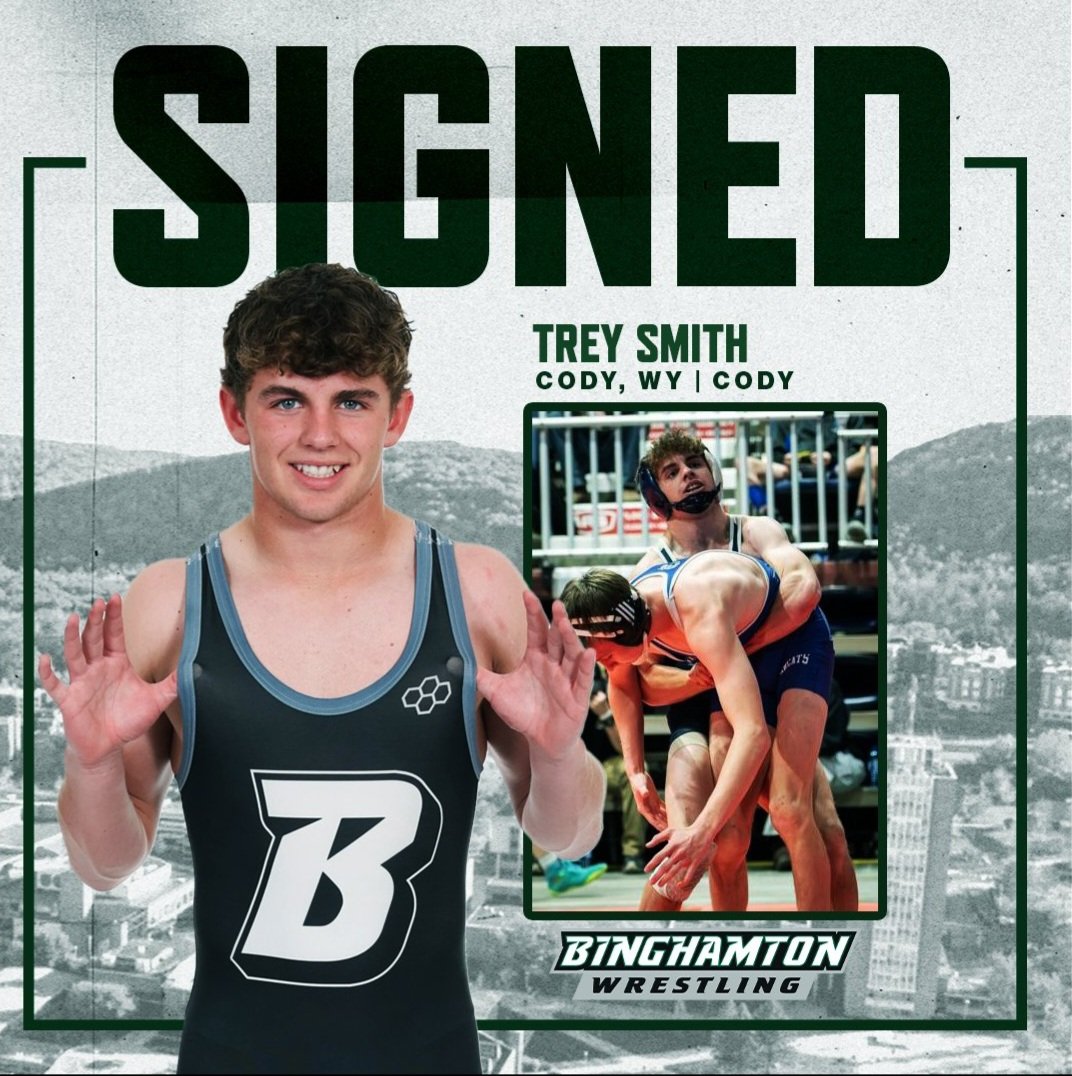3 point takedowns but 2 point reversals
-
Latest Rankings
-
Updated
-
Updated
-
Updated
-
Updated
-
-
College Commitments
Conor Delaney
Rumson Fair Haven, New Jersey
Class of 2025
Committed to Princeton
Projected Weight: 197
Emmett Logan
Lowell, Massachusetts
Class of 2026
Committed to Buffalo
Projected Weight: 141
Luke James
Graham, Ohio
Class of 2025
Committed to California Baptist
Projected Weight: 184
Jax Miller
West Delaware, Iowa
Class of 2025
Committed to Cornell (Iowa)
Projected Weight: 141






Recommended Posts
Create an account or sign in to comment
You need to be a member in order to leave a comment
Create an account
Sign up for a new account in our community. It's easy!
Register a new accountSign in
Already have an account? Sign in here.
Sign In Now